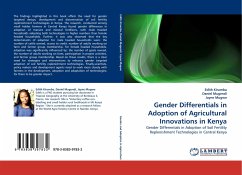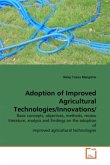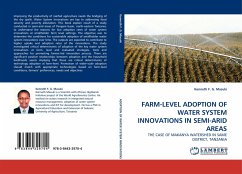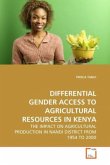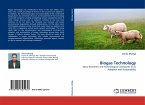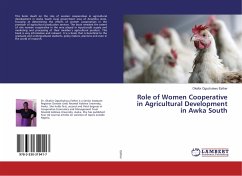The findings highlighted in this book affirm the need for gender targeted design, development and dissemination of soil fertility replenishment technologies in Kenya. The research, conducted among small holder farmers in Central Kenya found gender differences in adoption of manure and mineral fertilizers, with male headed households adopting both technologies in higher numbers than female headed households. Further, it was also observed that the key determinants of adoption for male headed households were: the number of cattle owned, access to credit, number of adults working on farm and farmer group membership. For female headed households, adoption was significantly influenced by: the number of goats owned, the number of adults working on farm, participation in project activities, and farmer group membership. Based on these results, there is a clear need for strategies and interventions to enhance gender targeted adoption of soil fertility replenishment technologies. Finally,scientists, policy makers and development agents need to work more closely with farmers in the development, adoption and adaptation of technologies; for there to be greater impact.
Bitte wählen Sie Ihr Anliegen aus.
Rechnungen
Retourenschein anfordern
Bestellstatus
Storno

